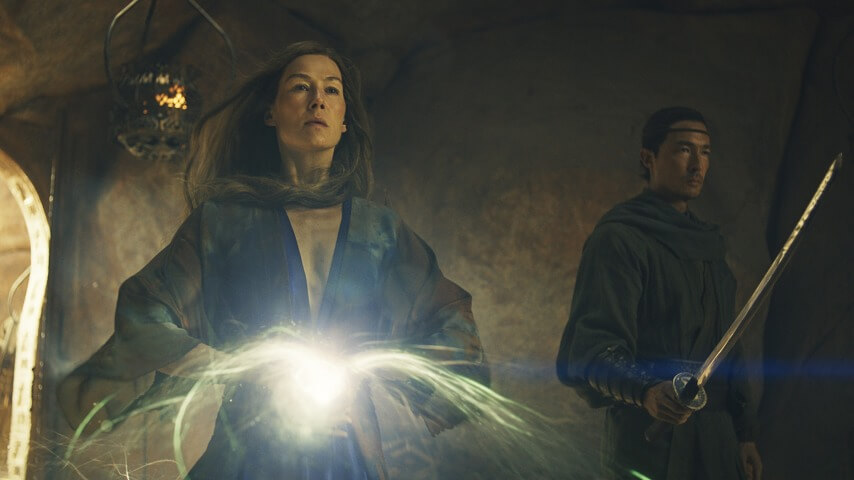“One of my core goals in making this show, even from the earliest crafting of the pitch, has been to tell the whole story. Because the Wheel Of Time books do what television has always done best—get better as they go,” Judkins wrote. “And as our actors and team came on board, they too could see the potential if we were allowed to finish this incredible story. We made many sacrifices, both personal and creative, along the way to get to that ending, so coming up short feels like a devastating blow for all of us.”
We can only theorize as to what made Prime Video turn its back on a series that, by Judkins’ metric, was pretty successful. Perhaps the streamer is clearing space (and freeing up budget) for James Bond, after paying a pretty penny for creative control of the franchise. Generally speaking, Prime has invested a boatload of money trying to make its own Game Of Thrones. but neither Wheel Of Time nor Lord Of The Rings: The Rings Of Power and Citadel (reportedly TV’s most expensive shows ever) have reached anywhere near the cultural footprint or awards attention as HBO’s flagship fantasy. The Boys has had some luck in that department, but otherwise Prime keeps throwing spaghetti at the wall—with developing entries like Tomb Raider, Blade Runner 2099, and even Elle—to see what sticks. And if it doesn’t stick, Prime is getting ruthless about pulling the plug. For instance, even though the streamer gave a two-season order to Étoile, creator Amy Sherman-Palladino says her series still might not move forward. (“When they say two-year pickup, they don’t mean it,” she told The Hollywood Reporter. “They mean one year and then we’ll see who’s still working at Amazon by the time the second year comes around to be greenlit.”)
In his post, Judkins wrote that he hoped Wheel Of Time could get picked up by another network, though he acknowledged that such a move is rare. “Much has been written about this larger trend in TV toward fewer seasons with less episodes and finding quicker ways to acquire additional streaming subscribers,” he wrote. “But I genuinely believe that this goes against the fundamental strength of television—long-form storytelling. It is an art form, much like epic fantasy, which at its very best, gives people a place to go and spend time with the characters that they love year after year after year. And I believe there are executives, studios, and networks who know that. I believe that we will find our way through this current iteration of the industry and back to what we do best—bringing great characters into people’s living rooms and lives every week.”
